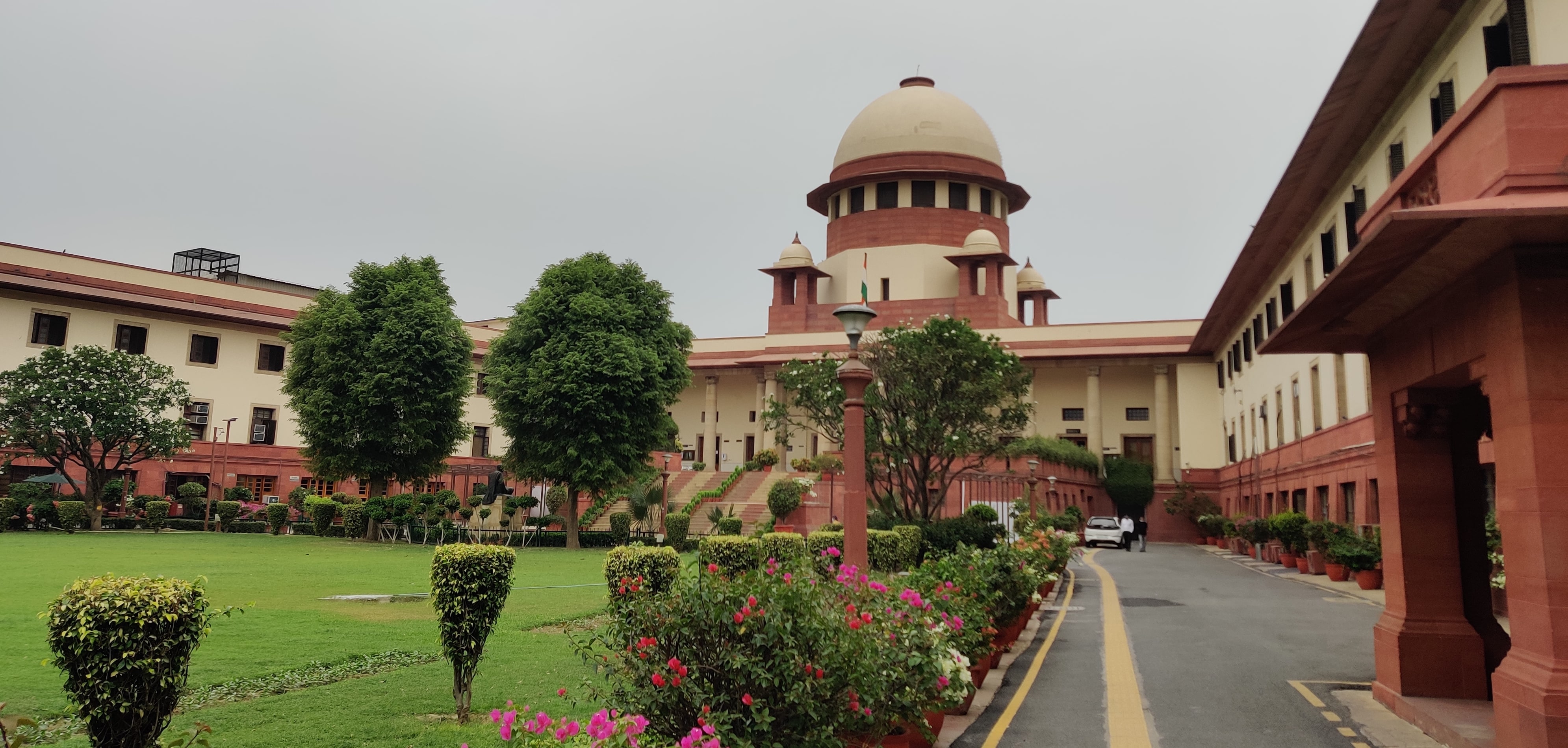The Supreme Court observed that a person serving a life sentence may receive a suspension only if there’s clear indication their conviction could be overturned on appeal. Justices JB Pardiwala and Ujjal Bhuyan noted that while courts can grant bail for fixed-term sentences, this does not apply to li

The Supreme Court observed that a person serving a life sentence may only receive a suspension of their sentence if there is a clear indication that their conviction is likely to be overturned on appeal.
The Bench comprising Justices JB Pardiwala and Ujjal Bhuyan noted that the Court has the discretion to grant bail to a convict during a plea for suspension of a fixed-term sentence. However, this discretion does not extend to pleas for the suspension of a life imprisonment sentence. The Court highlighted the fine distinction between a fixed-term sentence and a life imprisonment sentence, emphasizing that a more stringent test must be applied when considering the suspension of a life imprisonment sentence.
“If a sentence is for a fixed term, ordinarily, the appellate court may exercise its discretion to suspend the operation of the same liberally unless there are any exceptional circumstances emerging from the record to decline. However, when it is a case of life imprisonment, the only legal test which the Court should apply is to ascertain whether there is anything palpable or apparent on the face of the record on the basis of which the court can come to the conclusion that the conviction is not sustainable in law and that the convict has very fair chances of succeeding in his appeal.”, the Court observed.
The Court moreover emphasized that this benefit cannot be extended to a convict unless there is substantial evidence suggesting that the conviction is legally unsound. It stated that to determine if a conviction is legally unsustainable, it is unnecessary to re-evaluate the evidence. In this case, the High Court refused to suspend the life imprisonment sentence and reviewed the prima facie case against the appellant established by the trial court.
Therefore the Apex Court chose not to interfere with the High Court’s decision, as there was no clear indication that the conviction was legally unsound or that the convict had a strong chance of success in his appeal.
However, considering the submissions made by the Senior Advocate on behalf of the petitioner, which highlighted mitigating circumstances such as the need to support his widowed daughter-in-law and her three minor children, and the fact that the appeal from 2022 would take time to be resolved, the Court issued a notice to the respondent to consider the bail plea based on the mitigating circumstances presented by the petitioner’s counsel.
Bhupatji Sartajji Jabraji Thakor v. State of Gujarat, Diary No. 27298/2024





